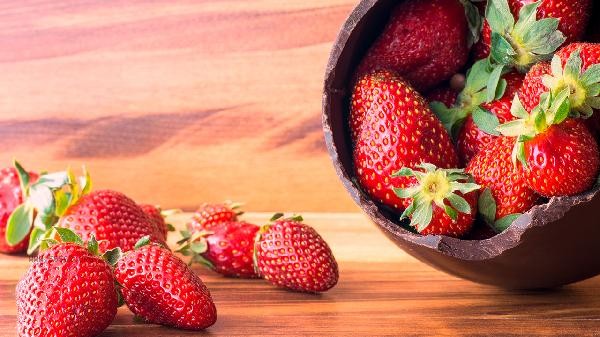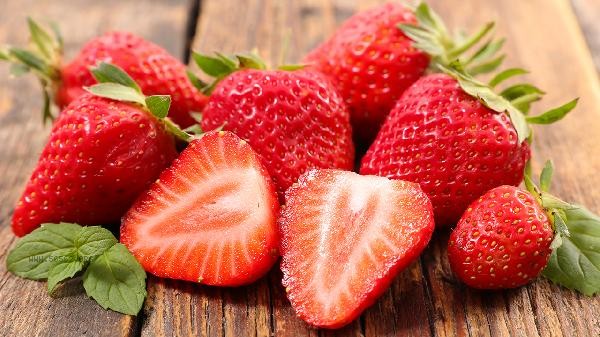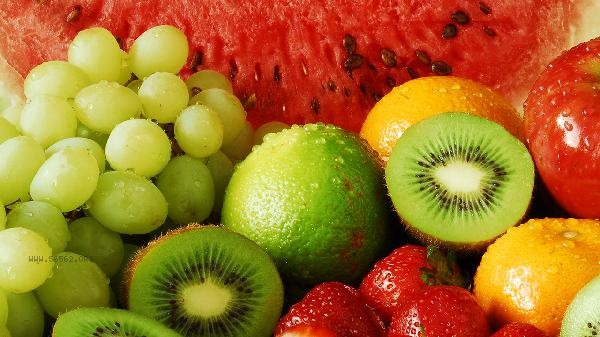It is recommended to use a combination of organic and inorganic fertilizers for strawberry cultivation, including composted farmyard manure, compound fertilizers, microbial fertilizers, potassium fertilizers, calcium fertilizers, etc. Reasonable combination of fertilizers can improve fruit quality and yield, while reducing soil environmental damage.

1. Rotten Farm Fertilizer
Rotten livestock manure or compost is rich in organic matter, which can improve soil structure and slowly release nutrients. Before use, it is necessary to fully ferment to avoid burning the roots. 2000-3000 kilograms of base fertilizer can be applied per acre, combined with deep plowing and burial. This type of fertilizer is particularly suitable for improving the water and fertilizer retention capacity of sandy or sticky soils.
2. Compound fertilizer
A compound fertilizer with balanced nitrogen, phosphorus, and potassium can meet the needs of strawberry growth. It is recommended to choose slow-release products with a formula of 15-15-15 or similar. Before planting, apply 30-40 kilograms of base fertilizer per acre, and apply high potassium compound fertilizer during the flowering and fruiting period to promote fruit enlargement. Be careful to avoid direct contact between fertilizers and roots. 3. Microbial fertilizer containing beneficial bacteria such as Bacillus subtilis can activate soil nutrients and inhibit soil borne diseases. Can be mixed or mixed with base fertilizer, and kept moist after use to enhance microbial activity. Continuous use can reduce continuous cropping obstacles, especially suitable for strawberry cultivation in greenhouses.
4. Potassium fertilizer
Potassium sulfate or potassium dihydrogen phosphate can significantly increase sugar content and color when applied during the flowering and fruiting period. Spray 0.3% solution on the leaves starting from the bud stage, once every 10 days; Simultaneously, apply 10-15 kilograms of potassium fertilizer per acre in the ditch. Avoid using it together with calcium fertilizer to prevent antagonism.

5. Calcium fertilizer
Calcium nitrate or chelated calcium can prevent fruit softening and malformed fruit. Spray 0.2% solution on the leaves during the young fruit stage, and apply 50 kilograms of gypsum powder per acre in combination with soil. Calcium fertilizer should be applied in a staggered manner with nitrogen fertilizer, and the pH value of acidic soil should be adjusted to 6.0-6.5 first.
fertilization strategies for strawberries should be adjusted according to the growth stage: nitrogen fertilizer should be used to promote growth during the seedling stage, phosphorus fertilizer should be applied during the flowering stage to protect the flowers, and potassium calcium fertilizer should be strengthened to improve the quality during the fruiting stage. It is recommended to regularly test soil nutrients to avoid excessive fertilization leading to salinization. The alternating use of organic and inorganic fertilizers, combined with drip irrigation technology, can improve fertilizer utilization efficiency. Stop fertilizing 15 days before harvesting to ensure the natural flavor of the fruit. For home potted strawberries, a mixture of humus soil and earthworm castings can be used as the substrate, and diluted fish protein fertilizer can be applied monthly.










Comments (0)
Leave a Comment
No comments yet
Be the first to share your thoughts!